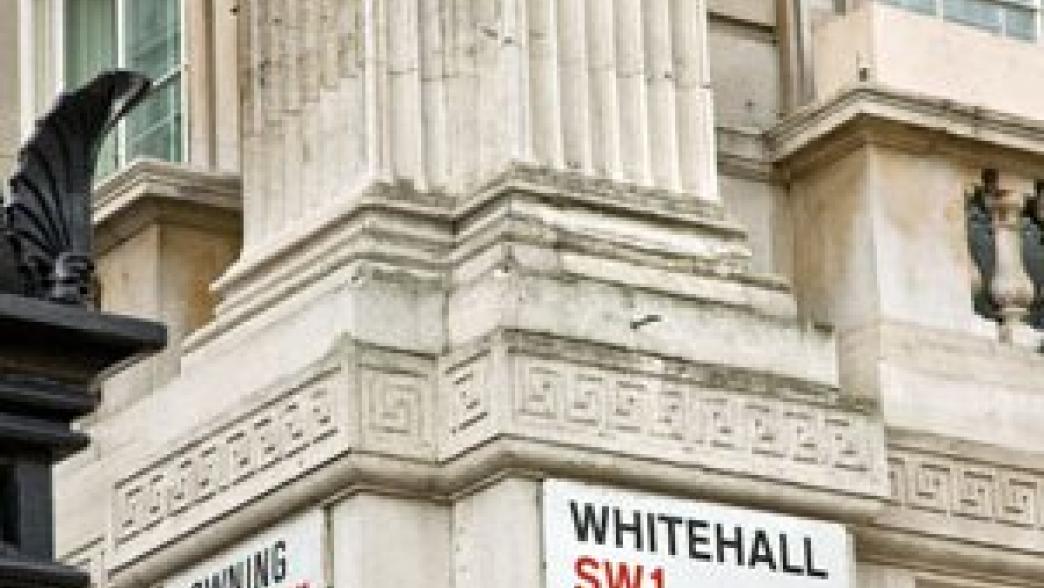Comment
What Rogers’ resignation says about civil service impartiality

The resignation letter of Sir Ivan Rogers was a clarion call to ‘speak truth to those in power’. Dr Catherine Haddon says that role will be just as crucial for his successor.